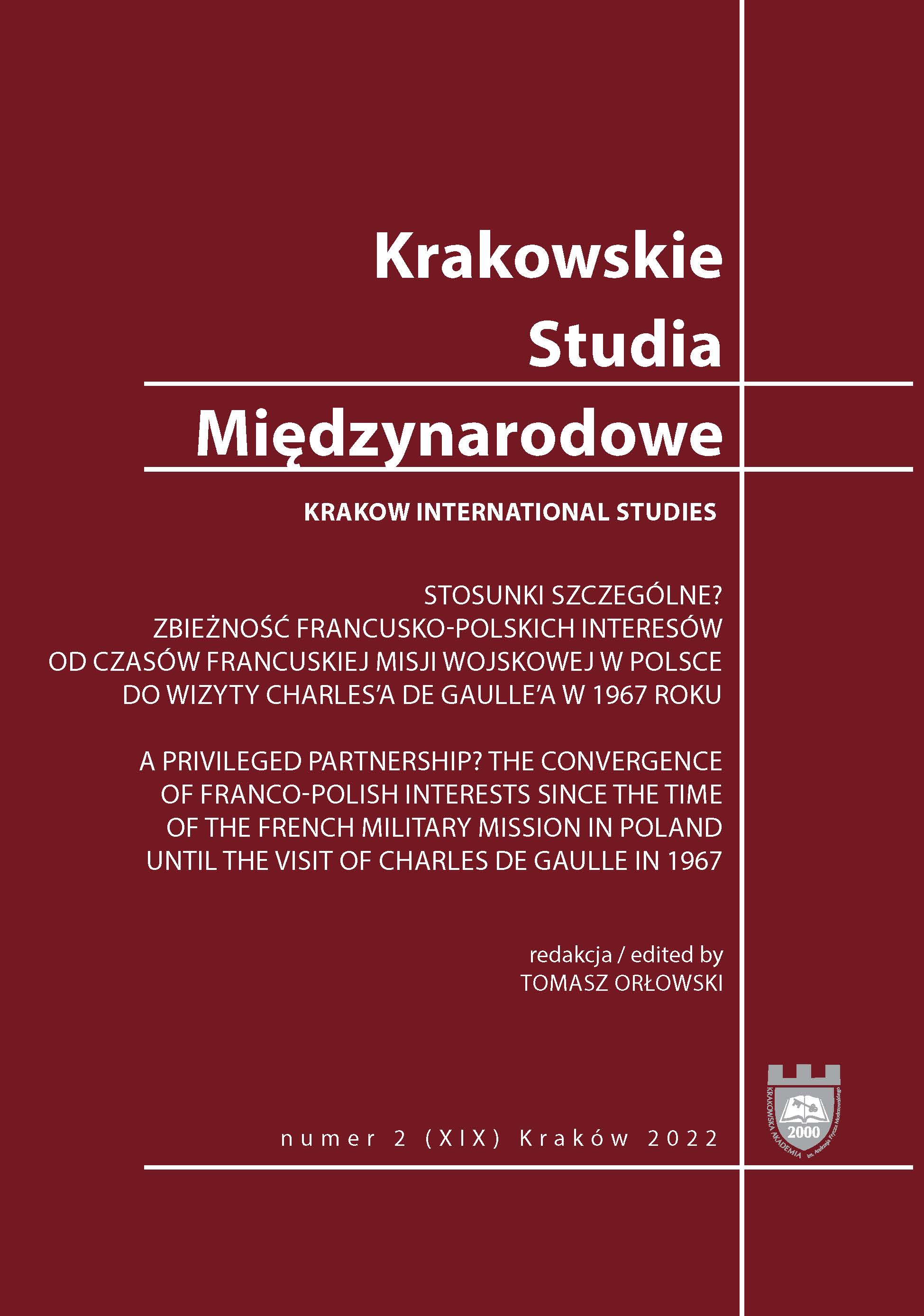La France, la Pologne et l’«esprit de Locarno» dans le projet de pacte oriental (1933–1934)
France, Poland and the “spirit of Locarno”. Poland and the French project of the Eastern Pact (1933-1934)
Author(s): Frédéric DessbergSubject(s): Politics / Political Sciences, Politics, History, Recent History (1900 till today), Military policy, Interwar Period (1920 - 1939), Peace and Conflict Studies
Published by: Oficyna Wydawnicza AFM Uniwersytetu Andrzeja Frycza Modrzewskiego w Krakowie
Keywords: French foreign policy (1918–1939); European security (1918–1939); Franco-Polish relations; Locarno treaties (1925); non-aggression pact; Eastern pact (1934–1935); Louis Barthou;
Summary/Abstract: The weakness of the Franco-Polish military alliance stemmed from conflicting perceptions of security. France prioritized possible threats from Germany, while for Poland these threats came from Soviet Russia. This introduced ambiguity into their military cooperation, especially since France preferred a collective security system while Poland favored bilateral agreements. France secured its borders with the Locarno treaties, while for Central Europe it wanted a collective security agreement involving the USSR. Poland’s conclusion of a nonaggression pact with the USSR was an opportunity for France to limit its alliance commitments, which was to take concrete form in the draft Eastern Pact, rejected by Poland as an “Eastern Locarno”. It revealed the limits of the League of Nations’ collective security system and distanced Poland and France from each other, although it did not formally call into question the existing alliance.
Journal: Krakowskie Studia Międzynarodowe
- Issue Year: XIX/2022
- Issue No: 2
- Page Range: 87-100
- Page Count: 14
- Language: French

